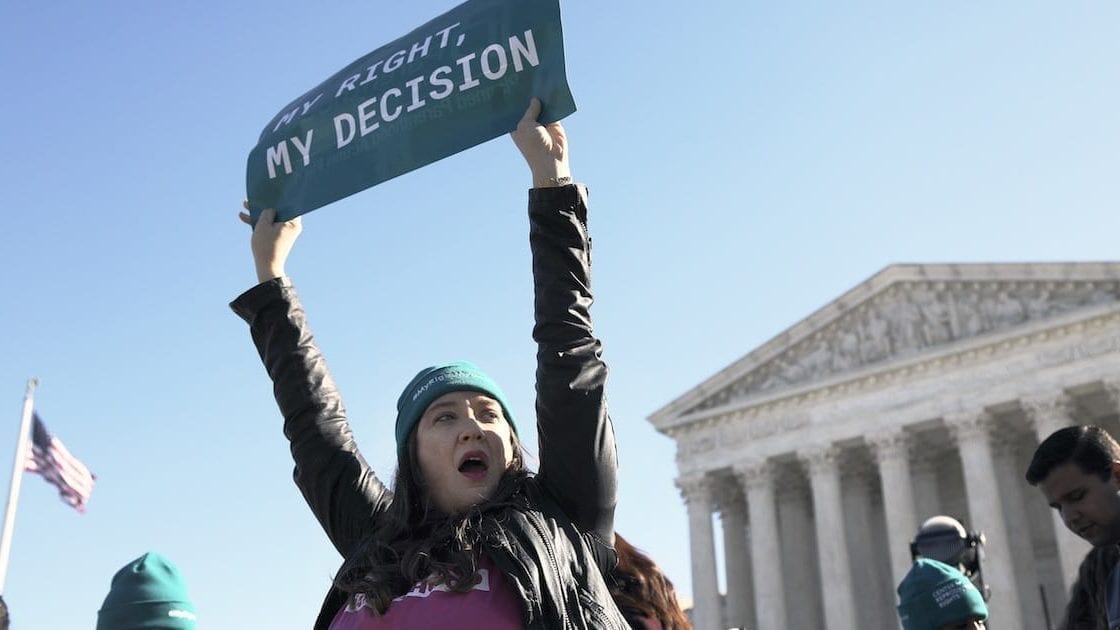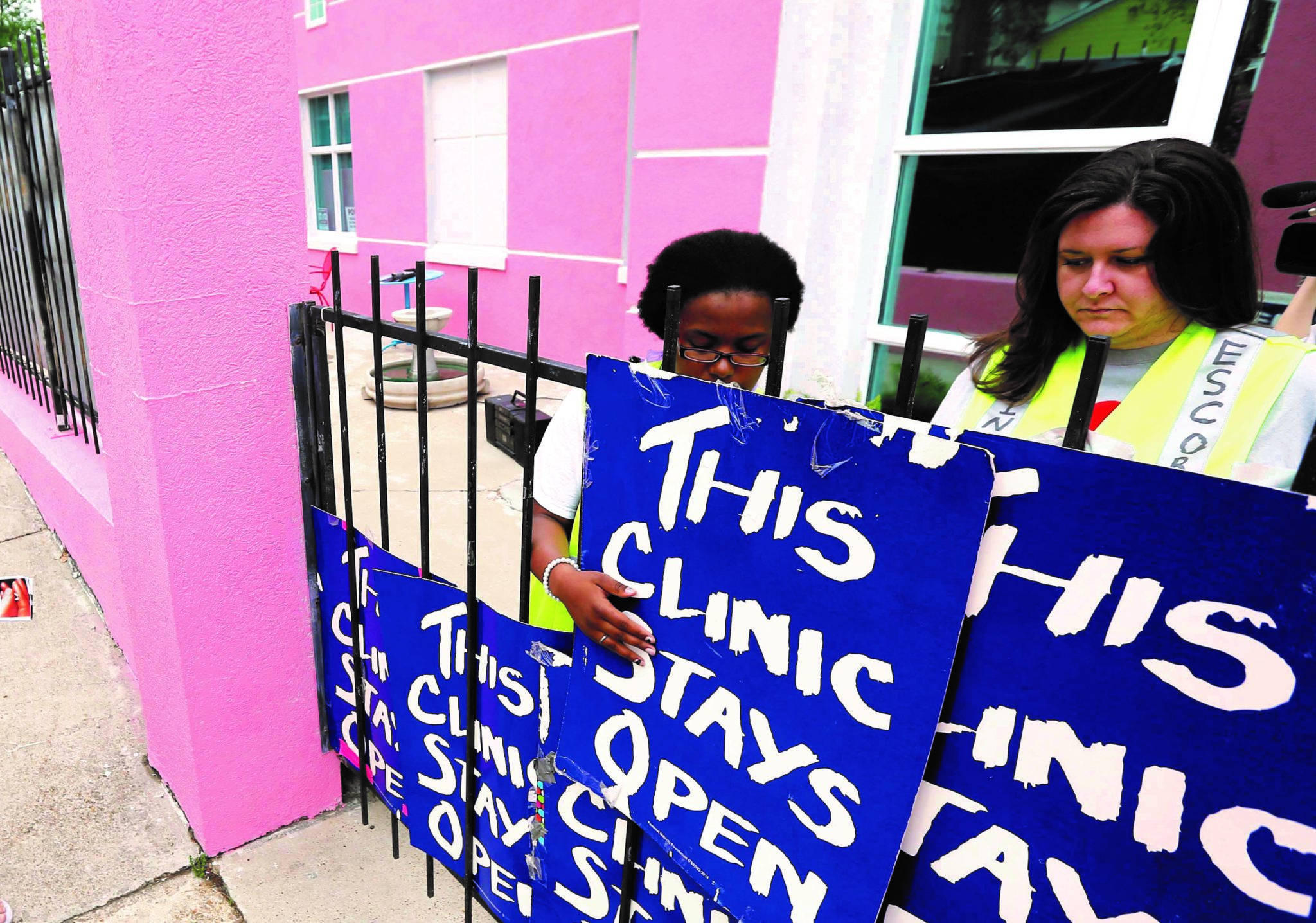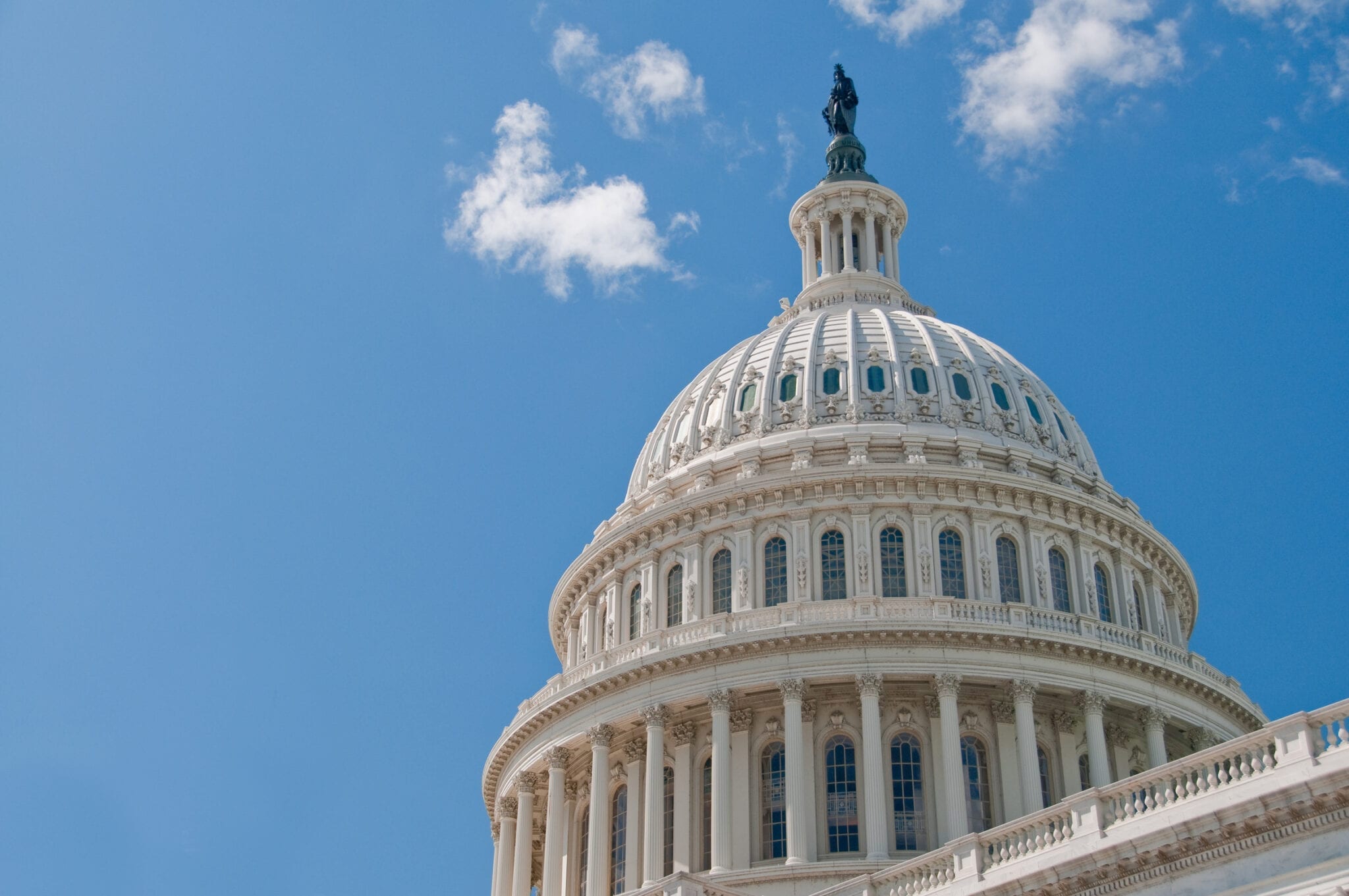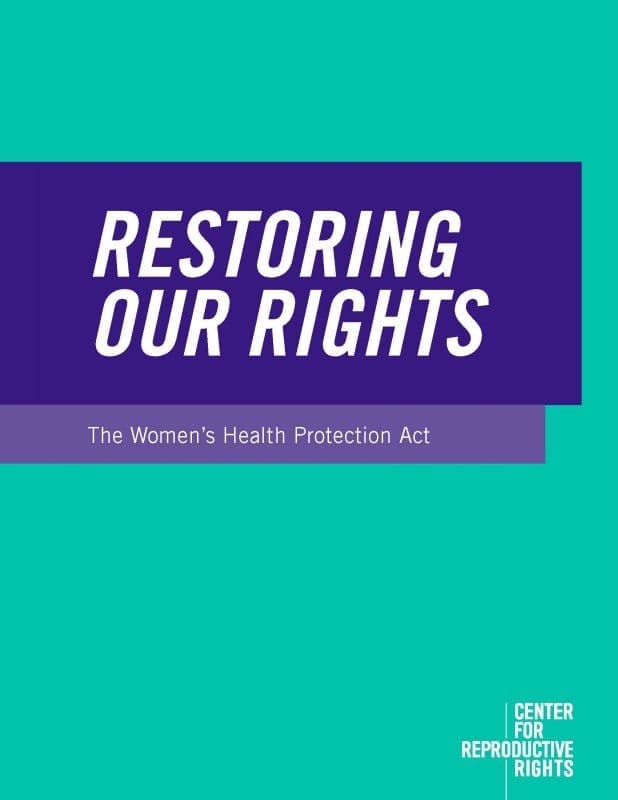In Mississippi’s Effort to Take Away Abortion Rights, Disregard for Those Impacted
In the Dobbs v. Jackson Women’s Health case, Mississippi urges the U.S. Supreme Court to overturn Roe v. Wade.

In its opening brief to defend a state abortion ban, the state of Mississippi urges the U.S. Supreme Court to take away the constitutional right to abortion—and disregards those people who would be impacted by such a ruling.
Mississippi’s brief, filed July 22 in Dobbs v. Jackson Women’s Health Organization, explicitly and repeatedly asks the Supreme Court to overrule Roe v. Wade and Planned Parenthood v. Casey and to rule that there is no right to abortion protected by the U.S. Constitution.
Read more about the Supreme Court abortion case:
Dobbs v. Jackson Women’s Health Organization
In a direct challenge to Roe v. Wade, this fall the U.S. Supreme Court will review Mississippi’s pre-viability abortion ban.
The Center for Reproductive Rights will be arguing the case against Mississippi this fall at the Supreme Court. At issue is Mississippi’s ban prohibiting abortion after 15 weeks of pregnancy—a ban that was enacted in direct violation to Roe’s core holding that every pregnant person has the right to decide whether to continue their pregnancy prior to viability.
“Mississippi has stunningly asked the Supreme Court to overturn Roe and every other abortion rights decision in the last five decades, said Nancy Northup, Center president and CEO in a statement. “Their goal is for the Supreme Court to take away our right to control our own bodies and our own futures—not just in Mississippi, but everywhere.”
Mississippi Ignores Realities: How Abortion Bans Impact People
In its brief, Mississippi claims that no one relies on the right to abortion—ignoring the millions of people who have had abortions and the reality that one in four women in the U.S. will have an abortion at some point in her lifetime. The state also ignores the many who have made their own decisions to continue pregnancies and have children based on their own values and beliefs — not on the government deciding for them.
In addition, the state disregards the people for whom a reversal of Roe and Casey would have the most devasting impact. The Mississippi ban would fall hardest on people already facing obstacles to accessing care: Black, Indigenous and other people of color, those struggling to make ends meet, LGBTQI+ people, immigrants, young people, those living in rural communities, and people with disabilities. Among other things, people living with low incomes are more likely to have abortions in the second trimester, including after 15 weeks—which the Mississippi ban would prohibit—because they need time to secure funds to pay for the procedure as well as costs for childcare, transportation, and possibly a place to stay.
Mississippi is already an abortion desert.
Abortion in Mississippi
With numerous restrictions on abortion care, only one clinic remains in the state.
Mississippi has passed numerous restrictions on abortion that have made care difficult to access in general as well as earlier in pregnancy. Only one abortion clinic remains in the state—Jackson Women’s Health Organization, the Center’s client in this case—and patients must make two in-person visits to the clinic, separated by at least 24 hours. Some patients must travel hundreds of miles to obtain care, twice.
The state’s brief also fails to address the risks of continuing a pregnancy and childbirth, as well as the alarming maternal mortality rates in the state and throughout the country. Mississippi has one of the highest infant mortality rates in the U.S. and high rates of maternal mortality—especially for Black women, who are nearly three times more likely to die of pregnancy-related complications than white women.
Mississippi Makes Arguments Already Rejected by the Supreme Court in Previous Abortion Cases
Mississippi’s brief in Dobbs v. Jackson Women’s Health Organization makes arguments for a Roe reversal that the Supreme Court has considered and rejected before—including that the Constitution does not protect the right to abortion and that reversing Roe could quell division about abortion.
In 1992 the Supreme Court in Planned Parenthood v. Casey was asked to overrule Roe and did not. Casey re-affirmed Roe’s central holding—that every person has the right to obtain an abortion before viability. In doing so, it outlined the importance of the right to abortion to women’s participation in the social and economic life of the nation and pointed out that an entire generation of Americans had relied on the right to abortion to shape their lives and futures. Today, two generations—spanning half a century—have relied on this right to make basic decisions about their bodies, lives, and futures.
WHPA would protect abortion access in the U.S.
Women’s Health Protection Act (WHPA)
WHPA is federal legislation that would protect the right to access abortion care throughout the U.S. by creating a safeguard against bans and medically unnecessary restrictions.
“The Court has held that the Constitution guarantees this right. If Roe falls, half the states in the country are poised to ban abortion entirely,” said Northup. “Women of child-bearing age in the U.S. have never known a world in which they don’t have this basic right, and we will keep fighting to make sure they never will.”
“The law and decades of Supreme Court precedent are on our side,” said Hillary Schneller, Senior Staff Attorney at the Center. “With that precedent, and the fact that millions of people have relied and continue to rely on the constitutional right to make decisions about pregnancy and abortion, the Court should once again reject Mississippi’s arguments and agree that its ban is unconstitutional.”
Read more:




